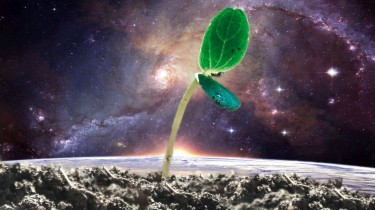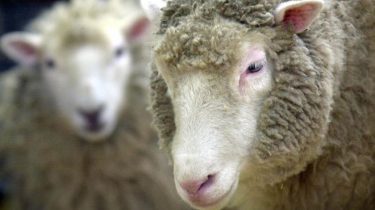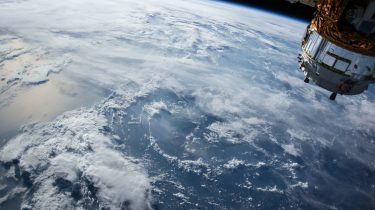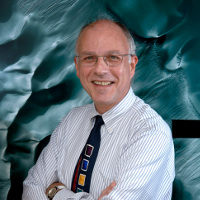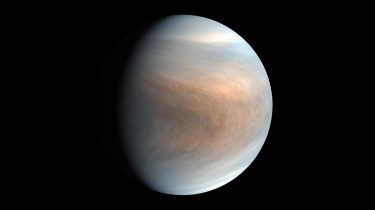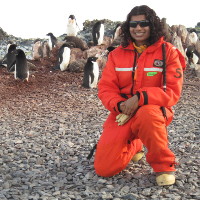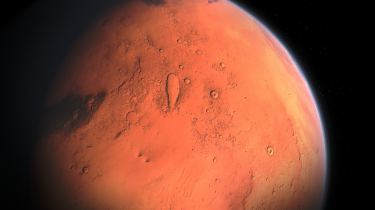Do fossils have rights?
By Ismael Acosta, to fulfill the ethics in science requirement for the Young Scientist Program at BMSIS. A fossil is any material identified as the remains of an organism (e.g., dinosaur bones, insect exoskeletons, plant leaf impressions, animal tracks, remains of microorganisms accumulated in rocks, etc.). Fossils open a window into the past and are extremely important for the study of life, its origins, and evolution. Fossils are therefore a key part of science, and it is for this reason that scientific institutions […]
Read more


